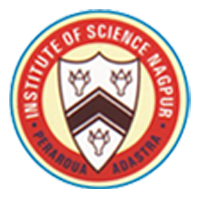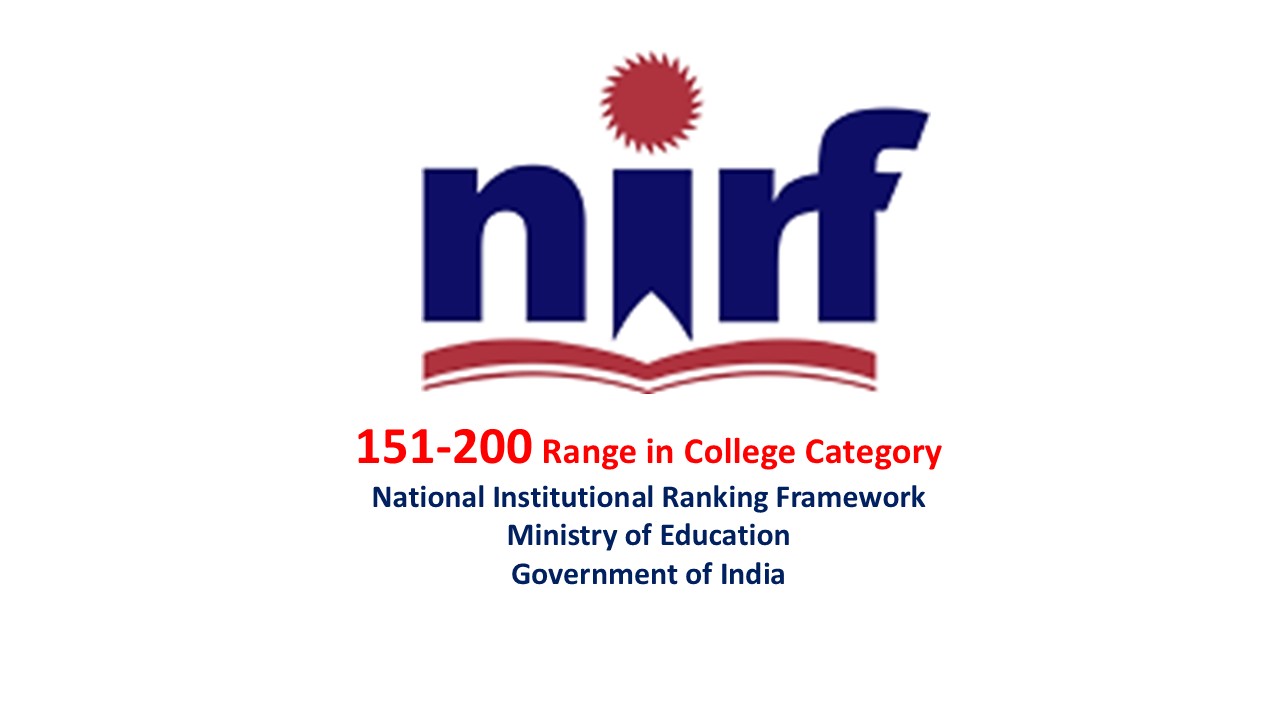“To be a leading academic institution by facilitating the stakeholders, Affordable and flexible learning and providing a platform for ethical earning, which contributes to the sustainable development of a progressive society.”
1. Becoming a Leading Academic Institution
- Commitment to Excellence:
The Institute aspires to be recognized as a leading institution in the academic realm, known for its quality education, innovative teaching methodologies, and cutting-edge research. By continuously improving academic standards and fostering an environment of intellectual curiosity, the Institute aims to be at the forefront of education and research in the field of science.
- Global Recognition:
It seeks to build a reputation not only within India but also internationally, making a lasting impact through research, collaborations, and academic contributions. The institution's faculty and research outcomes will play a crucial role in this goal.
2. Facilitating Stakeholders
- Student-Centric Approach:
The primary stakeholders in the institution’s vision are its students, and the institution strives to cater to their academic, social, and professional needs. Providing personalized learning experiences, career counseling, and holistic development ensures students are equipped for future challenges.
- Faculty and Staff Empowerment:
The vision also acknowledges the importance of faculty and staff as key stakeholders. By offering continuous professional development opportunities, a collaborative work environment, and research-driven approaches, the Institute aims to empower its faculty to enhance both their academic and pedagogical contributions.
- Industry and Community Linkages:
The Institute recognizes the value of connecting with industries, research organizations, and local communities. By facilitating these linkages, it ensures that students gain real-world exposure and that research outcomes are aligned with industry needs.
3. Affordable and Flexible Learning
- Inclusivity and Accessibility:
One of the core elements of the vision is to make education affordable and accessible to a broad demographic. The Institute strives to minimize financial barriers through scholarships, affordable fees, and financial aid options. This ensures that quality education is not restricted by socio-economic status, making higher education accessible to talented individuals from diverse backgrounds.
4. Providing a Platform for Ethical Learning
- Moral and Ethical Foundation:
Ethical learning is central to the Institute's vision, and it aims to nurture students who are not only academically proficient but also ethically responsible. Through courses and initiatives focused on ethics, integrity, social responsibility, and professional behavior, students are encouraged to make decisions that positively impact society and their professional careers.
- Character Building:
The Institute emphasizes the development of character through value-based education. By instilling virtues like honesty, accountability, and respect for diversity, students are prepared to engage in responsible leadership roles in their personal, academic, and professional lives.
5. Contributing to Sustainable Development
- Focus on Sustainability:
The vision is rooted in the belief that education should contribute to the sustainable development of society. The Institute aims to infuse sustainability into every aspect of its curriculum, research, and community activities.
- Interdisciplinary Approach:
To address the complex and interconnected issues related to sustainable development, the Institute fosters an interdisciplinary approach to education. It integrates subjects like environmental science, Psycology, Constitution of India, and Geography into the curriculum, preparing students to think beyond traditional disciplinary boundaries and engage in solutions that are both innovative and responsible.
- Collaborations for Global Impact:
The Institute actively seeks partnerships with national and international organizations, governments, and research bodies working towards sustainable development goals (SDGs). These collaborations provide students with exposure to cutting-edge research and the opportunity to contribute to global efforts in achieving sustainability.
6. Progressive Society through Education
- Holistic Societal Development:
The ultimate aim of the Institute is to contribute to the development of a progressive society where education acts as a catalyst for social change. It seeks to create a society where individuals are well-informed, ethical, and actively engaged in solving social issues. The education provided is designed not just for personal success but also for the betterment of society as a whole.
- Social Responsibility and Leadership:
The Institute envisions producing graduates who are not just academically capable but also socially responsible and ready to take leadership roles. These individuals will have a global perspective, understanding the interconnectedness of social, environmental, and economic factors, and they will be equipped to contribute meaningfully to the progress of their communities and the world at large.
The institution aspires to shape future leaders who will drive social, economic, and environmental progress, creating a better world for all.


